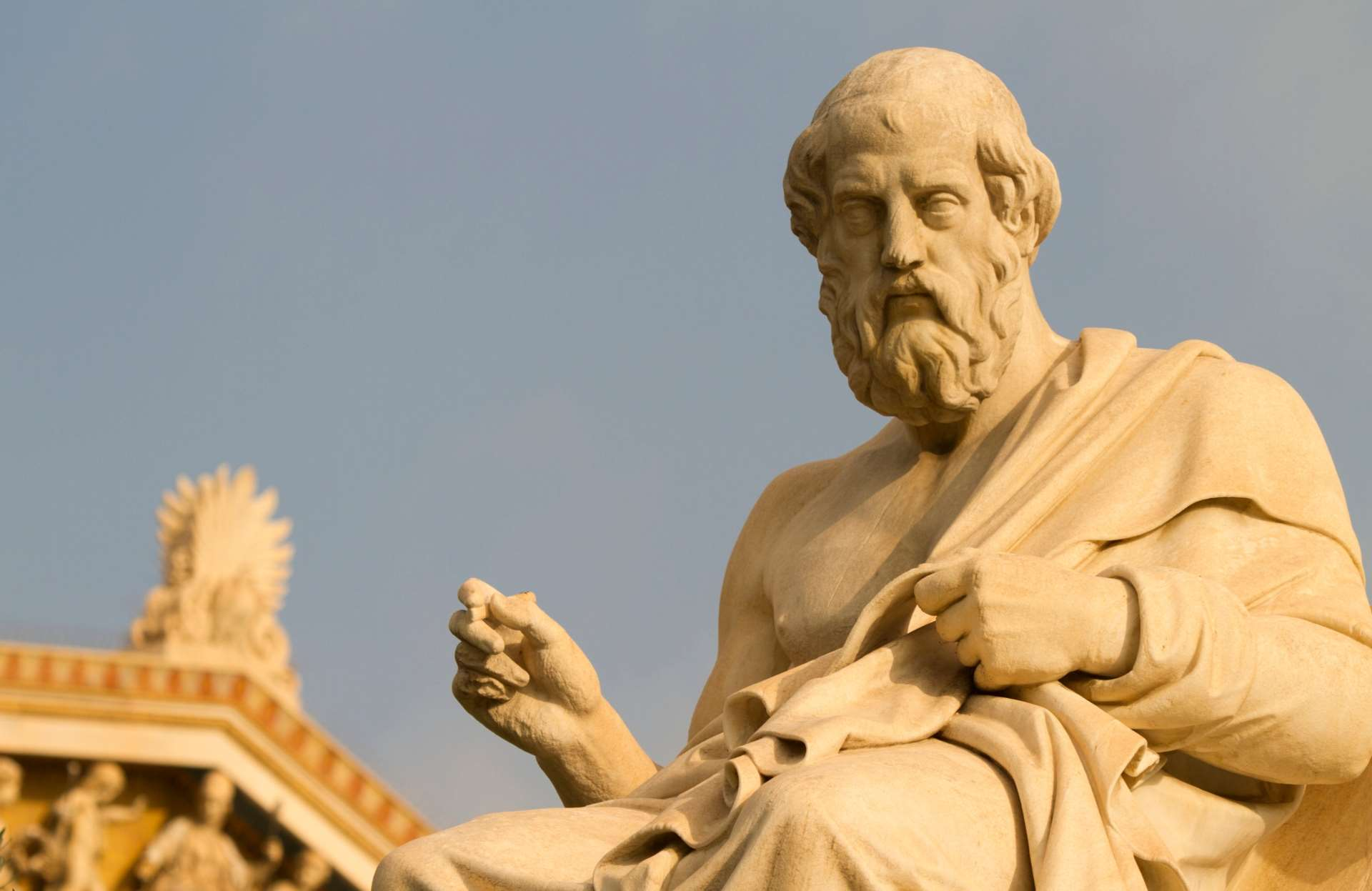Plato’s influence can still be felt in everything from political philosophy to education, ethics, and even modern science. A student of Socrates and the teacher of Aristotle, Plato (427–347 BC) helped lay the foundations of Western thought. Through his iconic dialogues, he explored profound questions about justice, knowledge, the soul, and the ideal society—ideas that remain deeply relevant today.
While some may see him as a controversial figure—his ideas indirectly shaped early Christian philosophy, and, as a result, the teachings of antiquity were sidelined for centuries—Plato remains one of history’s most transformative thinkers. His words continue to challenge, inspire, and provoke reflection across generations.
Here are ten of his most powerful quotes—along with insights into why they still resonate.
1. “The beginning is half of the whole.”
One of Plato’s most quoted lines, this maxim highlights the power of preparation. Whether you're starting a project, a journey, or a new phase of life, getting the beginning right is crucial. For Plato, a solid foundation made the rest of the task not only easier but more likely to succeed. The lesson? Don’t rush the start—it sets the tone for everything that follows.
2. “Knowledge is power.”
Though this phrase is often attributed to Francis Bacon, its spirit can be traced back to Plato’s Republic. He argued that true power lies not in wealth or brute force, but in wisdom and understanding. Only those who grasp the nature of justice, truth, and the good are fit to lead. Plato’s philosopher-kings weren’t warriors—they were thinkers.
3. “You can discover more about a person in an hour of play than in a year of conversation.”
Plato believed that play reveals the soul. In moments of unguarded spontaneity—away from social masks and formalities—people show who they really are. Whether in sports, games, or creative expression, our authentic selves often shine through when we're not trying to impress.
(And yes, even some football players in the Greek league prove the exception to this rule.)
4. “Music is the moral law of the universe.”
For Plato, music wasn’t just entertainment—it was a force of moral and emotional education. In The Republic, he warned that the wrong kinds of music could corrupt character, while the right music could harmonize the soul and promote social order. Music, for him, was a language that shaped virtue.
5. “Justice is the virtue of the soul.”
Plato’s concept of justice isn’t just about laws—it’s about inner harmony. He saw the soul as having three parts: rational, spirited, and appetitive (desire). When these are in balance, a person is just. And when citizens govern themselves justly, society itself becomes just. A timeless idea in both ethics and governance.
6. “The wise speak because they have something to say; the fools because they have to say something.”
A scathing critique of empty talk, this quote remains painfully relevant in the age of 24/7 news cycles, social media hot takes, and performative politics. Plato believed speech should serve truth and insight—not ego or noise. Silence, when thoughtful, is better than speech without substance.
7. “The soul is immortal.”
In Phaedo, Plato presents a compelling argument for the eternity of the soul. He believed that the soul exists before birth and survives after death, returning to the realm of perfect forms—the “world of Ideas”—where true knowledge resides. Whether you see it spiritually or philosophically, the concept is central to his view of human nature.
8. “The good of man is to resemble God.”
This line, later adapted by early Christian thinkers like Apostle Paul, expresses Plato’s belief in the aspiration toward the divine—not through worship, but through the pursuit of wisdom, justice, and virtue. For Plato, the closer we align with these ideals, the more fully human we become.
9. “The greatest punishment for those who refuse to engage in politics is to be governed by their inferiors.”
Plato never held back when criticizing apathy. He believed that when the capable withdraw from public life, they leave the door open to demagogues and incompetents. It’s a message that still rings true today: if you don’t participate in shaping your society, others—perhaps less qualified—will.
(And in Greece, we might just hold the world record for complaining while staying out of the game.)
10. “Education is the kindling of a flame, not the filling of a vessel.”
A direct rebuke to rote memorization, this quote champions education as inspiration. Real learning should ignite curiosity and independent thought—not stuff students full of facts. Unfortunately, traditional models (including parts of the Greek school system) still favor parroting over true understanding. Plato’s vision is a call to transform education into a journey of discovery.
Plato’s wisdom continues to echo through the centuries—reminding us that the human quest for truth, justice, and meaning is as urgent today as it was in ancient Athens.
Follow Esquire on Facebook, Twitter, and Instagram for more thought-provoking features, interviews, and insights into culture, fashion, and lifestyle.









